Birds, undoubtedly, are a gift of Mother Nature and can really enhance the scenic beauty, however, at times they are quite a nuisance. They are certainly not wanted when they pop up in front of aircrafts, eat away crops or spread a disease after scavenging landfills. Over the years people have used a number of ways to tackle birds; this involved capturing them or scaring them away. Today, a designer from Netherlands has come up with quite a robotic solution.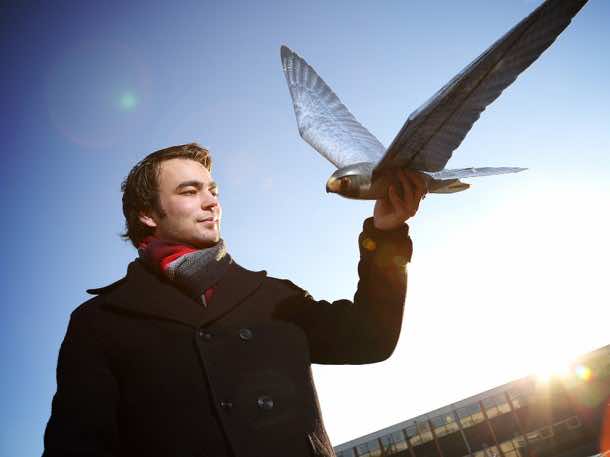
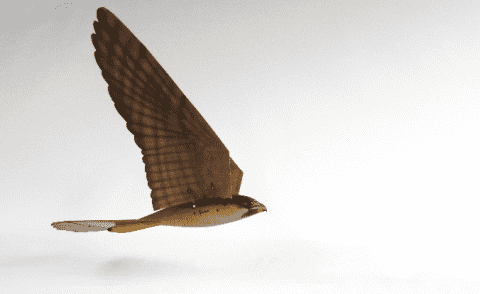
The idea was to come up with robotic versions of birds of prey such as falcons and eagles and use them to scare the birds away. They have been named as ‘Robirds’ and have been created by Nico Nijenhuis from Clear Flight Solutions. They are controlled wirelessly via a person on the ground and realistic and make use of flapping wings in order to fly. As per the designer, these robotic predator birds will fly in and hover around the problem areas thus resulting in the nuisance birds leaving the area because the natural instinct orders them to avoid areas where predators roam.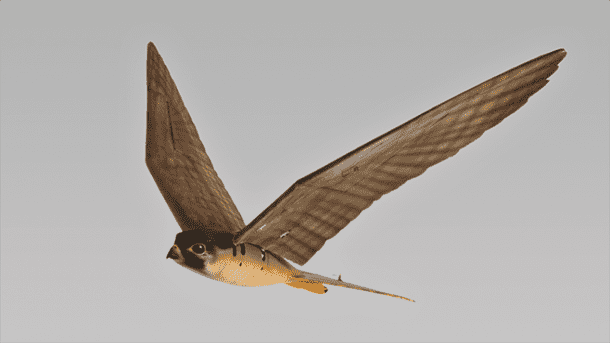
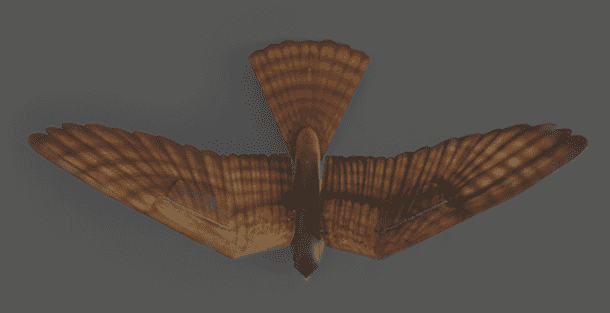
Not to mention that even if a few stubborn birds wish to stay, the ground control could make the Robird chase after them until they left the area. The stalking grounds of a predator bird is usually clear of other birds and that is what the designers hope will happen. The number of nuisance birds in areas where Robird operated dropped by 50% and more. Designers speculate that by continuous usage the nuisance birds will altogether start to avoid the area in future.
The peregrine falcon model can fly at a speed of 50Mph and measures in with a wingspan of 47” while having a length of 23”. It has been designed to tackle birds of up to 3 Kg. Not impressed? Well, here’s the eagle model that surely is breathtaking and intimidating. The body length is almost double the length of falcon with a wingspan of 86”.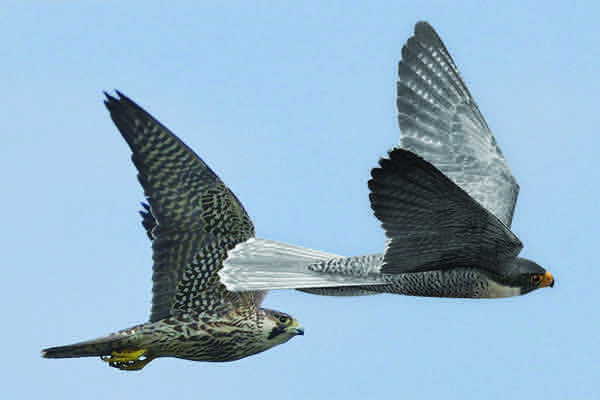
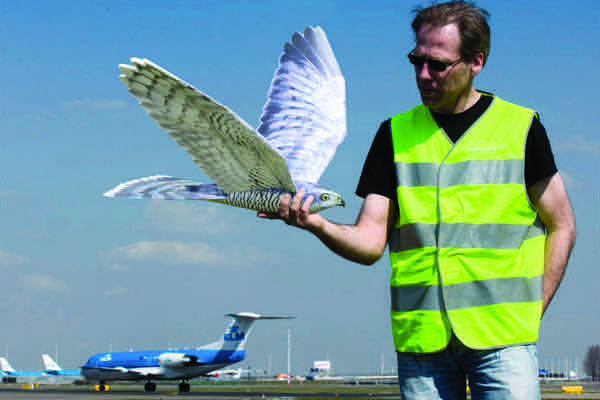
There are plans of making these birds completely autonomous and the company is following up on it with business and technical partners. Trials shall be carried out in 2015.


